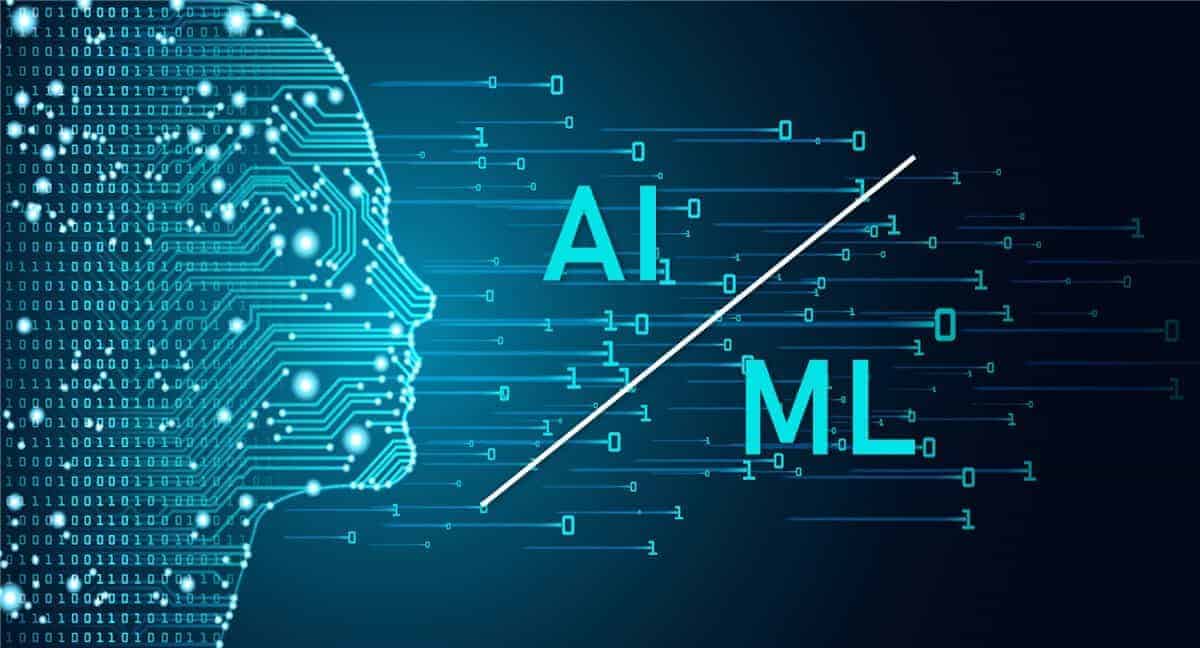How AI differs From ML ?

Artificial Intelligence (AI)
Within computer science, artificial intelligence (AI) and machine learning (ML) are closely linked disciplines, each with a unique focus and set of applications.
The creation of intelligent systems that can carry out tasks that normally call for human intelligence is included in the vast field of artificial intelligence (AI). Learning, reasoning, problem-solving, perception, and language comprehension are all included in this. AI aims to use robots to mimic and enhance human cognitive capacities so that they can gradually adapt and perform better.
Machine Learning
In contrast, machine learning is a subfield of artificial intelligence that focuses on statistical models and techniques that let computers learn from data without explicit programming. Large datasets are analyzed by ML algorithms, which then use the patterns found to predict or decide on actions. The main goal of machine learning (ML) is to allow computers to become more proficient at a particular task through experience instead of explicit programming.
Even while AI includes more methods and strategies than only machine learning, ML is essential to many AI applications. AI, for instance, makes it possible for a virtual assistant like Siri or Alexa to comprehend and react to voice instructions, while machine learning algorithms gradually learn and enhance user interaction and speech recognition precision.
Career Prospects Of An AI Engineer And ML Engineer
Given the growing need for experts in these cutting-edge technologies, the career prospects for both AI (Artificial Intelligence) and ML (Machine Learning) engineers are incredibly bright.
The main goal of AI engineers is to create intelligent systems that can mimic human intelligence and carry out activities on their own. They work on a variety of initiatives, including as expert systems, robotics, computer vision, and natural language processing. AI engineers can find employment in a variety of sectors, including healthcare, banking, e-commerce, and the automotive industry, where AI is being used more and more to spur efficiency and creativity.
In contrast, machine learning engineers are experts in creating and implementing machine learning models and algorithms. They train algorithms that can recognize patterns, make predictions, and draw conclusions from data by working with big datasets. In fields like data science, predictive analytics, and artificial intelligence research, machine learning engineers are highly sought for. They are essential to the creation of applications such as driverless cars, fraud detection algorithms, and recommendation systems.
Research institutions, tech titans, startups, and government agencies are all seeking AI and ML engineers. They benefit from competitive pay, strong work security, and chances for professional growth. The need for qualified experts in these sectors is also anticipated to increase rapidly as AI and ML technologies develop further and penetrate new markets.



